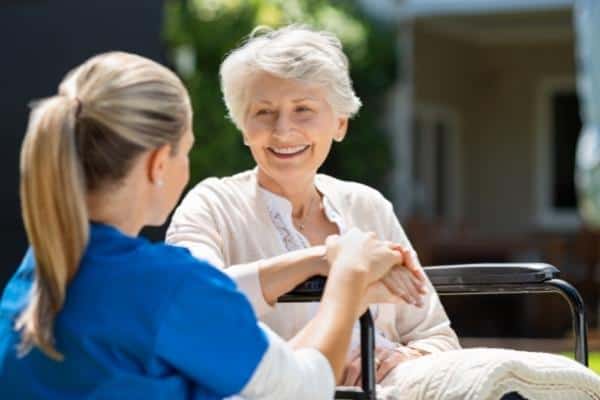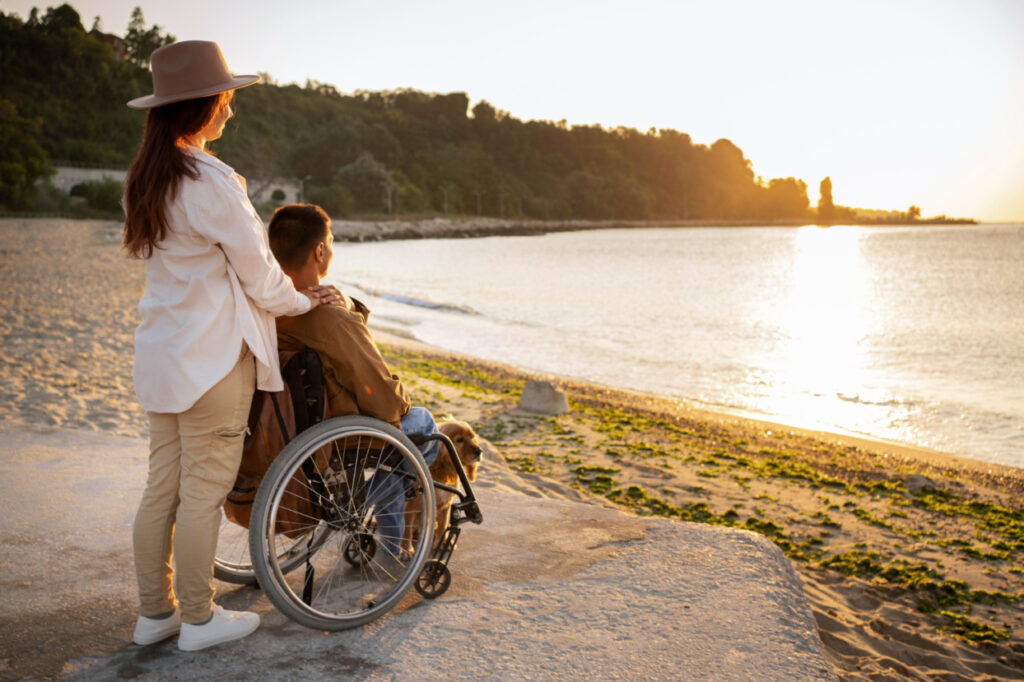It’s no secret that surgery can be difficult for anyone but for the elderly, the process of recovery can be a lot more challenging. What you might not know is the best way to care for them after their procedure. There are a few simple steps you can take at home to make sure your loved one has everything they need to recover from surgery and feel comfortable in their own surroundings. This blog post will cover how to prepare for your elderly loved ones after surgery: Home modifications and care in the home.
What do they need?
The first step in preparing for your elderly loved ones after surgery is to compile a list of items they will need for their arrival. This includes basics like clothes, toiletries and medications, but you should also think about special needs your loved one may have. Make sure you have everything they will need before they come home, so they don’t have to worry about anything during their recovery.
Do they Require Mobility Equipment?
Research ahead of time what types of mobility equipment your loved one should have before they arrive home after surgery. This will help ensure they are comfortable and safe as they recover in their own surroundings. Some of the kinds of mobility equipment that may be of help include:
– wheelchair
– walker
– cane
– bed rail
Do they Need Home Modifications?
The next step is ensuring your elderly loved ones’ home is equipped with the right home modifications. A home modification is any change made to a home that increases safety, accessibility or comfort. A few examples are grab bars in the bathroom, non-slip mats in the shower and raised toilet seats. You can also look into getting an adjustable bed if your loved one has trouble sleeping at night after their surgery.
If you need advice on what modifications will work best for your elderly loved ones, consult with an Occupational Therapist. They can help assess your home and make recommendations based on the individual’s needs.
Accompany them to their follow up appointments
At the end of the day, your elderly loved ones will need to go and see their doctors for follow up appointments. A lot of seniors don’t like going out alone and can put them into a state where they could feel worse than when they left home. This is why it’s so important that you accompany them to all their medical visits after surgery. This will ensure they get the best care possible and will free up their mental space so they can focus on healing after surgery. If your loved one has a regular Support Worker, they can accompany them to their appointments as well.
Ask For Help From the Right Carers
Finally, don’t be afraid to ask for help from professionals. They’ll figure out what they need for a successful long term recovery. Allied health professionals for one can make the recovery and rehab process a lot easier. For example, someone who has recently had a hip replacement may require an occupational therapist who can give them the right training to use a walker or cane. A Physiotherapist can also help your loved ones recover from their surgery and regain strength in their muscles after they have been immobilised for a while.
Aged care support workers can be another great option, especially if you’re going through the process of arranging home modifications with Allied health professionals. They’ll collaborate together and look at your loved one’s situation on a case by case basis. Aged care support workers can even stay overnight with your loved ones to ensure they are comfortable and safe as they recover from surgery.
Support Workers can also provide compassionate Domestic Assistance or Personal Care for your loved one. This can include help with activities such as bathing, dressing, grooming, cleaning, preparing meals and more. This is a great way to ensure your loved one gets the care they need around the clock, even if you have to go back to work. A Support Worker can also be there for social contact and conversation so that your loved ones feel less lonely as they recover from surgery at home.
Above all, it’s important to remember to be patient with your loved one. As they’ll be in constant pain, you’ll see them at their worst, but this is not how they usually are. A little bit of compassion and consideration will go a long way in making your loved one feel more comfortable, be as present as you can.
We Can Help
Recovering from surgery is a challenging time for anyone but with preparation, research and the right help, the process becomes a lot easier. By following the advice in this blog post, you can ensure that your elderly loved ones have a smooth and comfortable recovery. If you need help preparing your home for your loved one or need assistance from Allied Health Professionals or Support Workers, contact OSAN today! We’ve helped countless seniors before and we can work with you to find the right support for your loved one. Give our 24/7 line a call today to find out how we can help your loved one recover from surgery.










